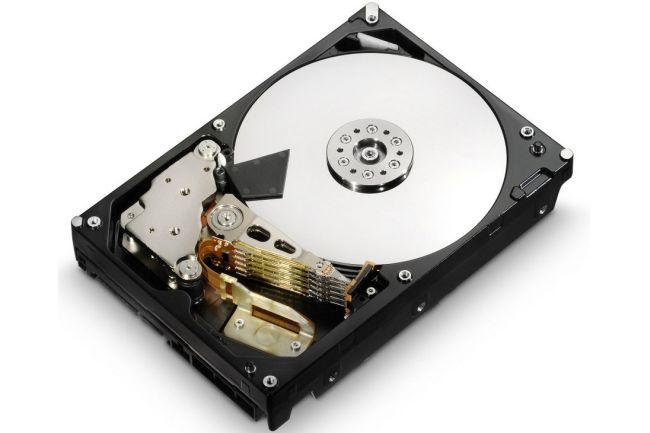
But what about capacity, brand and model? Do they have a say in hard drive durability, or is the whole thing a lottery? According to online backup solution provider Backblaze, it’s a yes across the board on the former question.
Believe it or not, HDDs offering more storage space kept their chins up better throughout 2014 in Backblaze’s data center, especially those manufactured by Seagate. Which brings us to the second part of the equation – the name on the label.
Exactly like last year, Hitachi, now known as HGST (and a subsidiary of Western Digital), knocked it out of the park with microscopic failure rates, followed by Western Digital’s own brand, which also performed above average. The ficklest HGST products were 3TB Deskstar 7K3000s, with a still reasonable bust score of 2.3 percent, while only half a a percent of all 4TB Megascale 4000.Bs bit the dust.
In Western Digital’s camp 4TB models literally never failed, 3TB Reds broke 6.9 percent of the time, and 6TB Reds held their ground in 96.9 percent of cases. That may sound more impressive than HGST’s results, but the sample size was much lower for Western Digital HDDs.
Backblaze only had a total of a little over 1,000 units for the latter manufacturer, and more than 23,000 Hitachis. Before you scream bias though, keep in mind the backup data specialist had a solid reason for playing favorites with HGST – low pricing.
Western Digital drives were “never” cheapest over the entire course of 2014, and generally, they were $15 to $20 costlier than the competition.
As for Seagate, their drive reliability is extremely patchy, with 1.5 and 3TB Barracuda 7200s the clear losers. The latter unbelievably failed in 43.1 percent of cases, unlike higher-capacity 4TB Barracuda XTs and Desktop HDD.15s, which earned excellent scores of 1.1 and 2.6 percent respectively.
There’s your answer then. If you’re in the market for an affordable desktop hard drive, go HGST or, perhaps, a 4TB Seagate.


